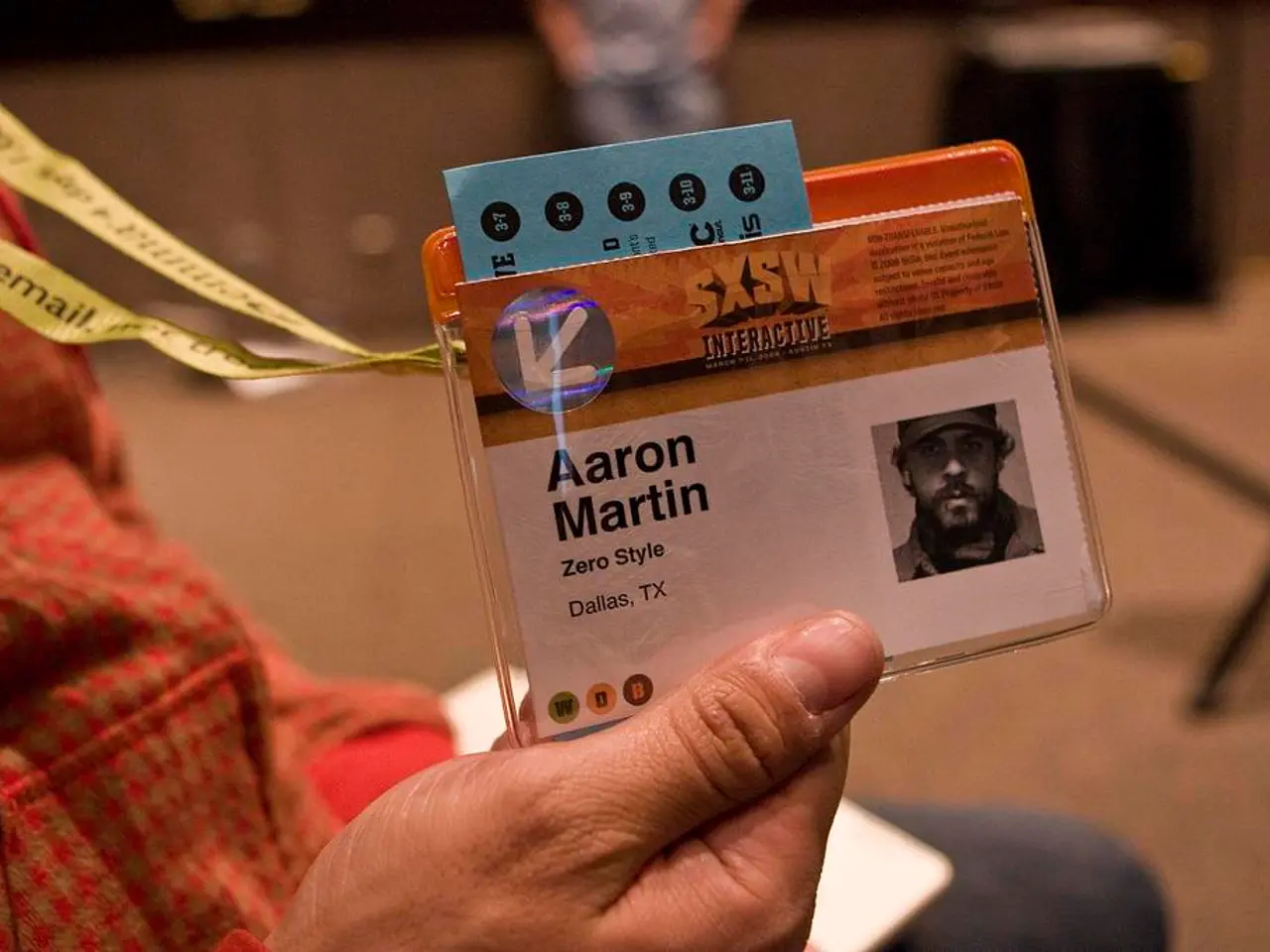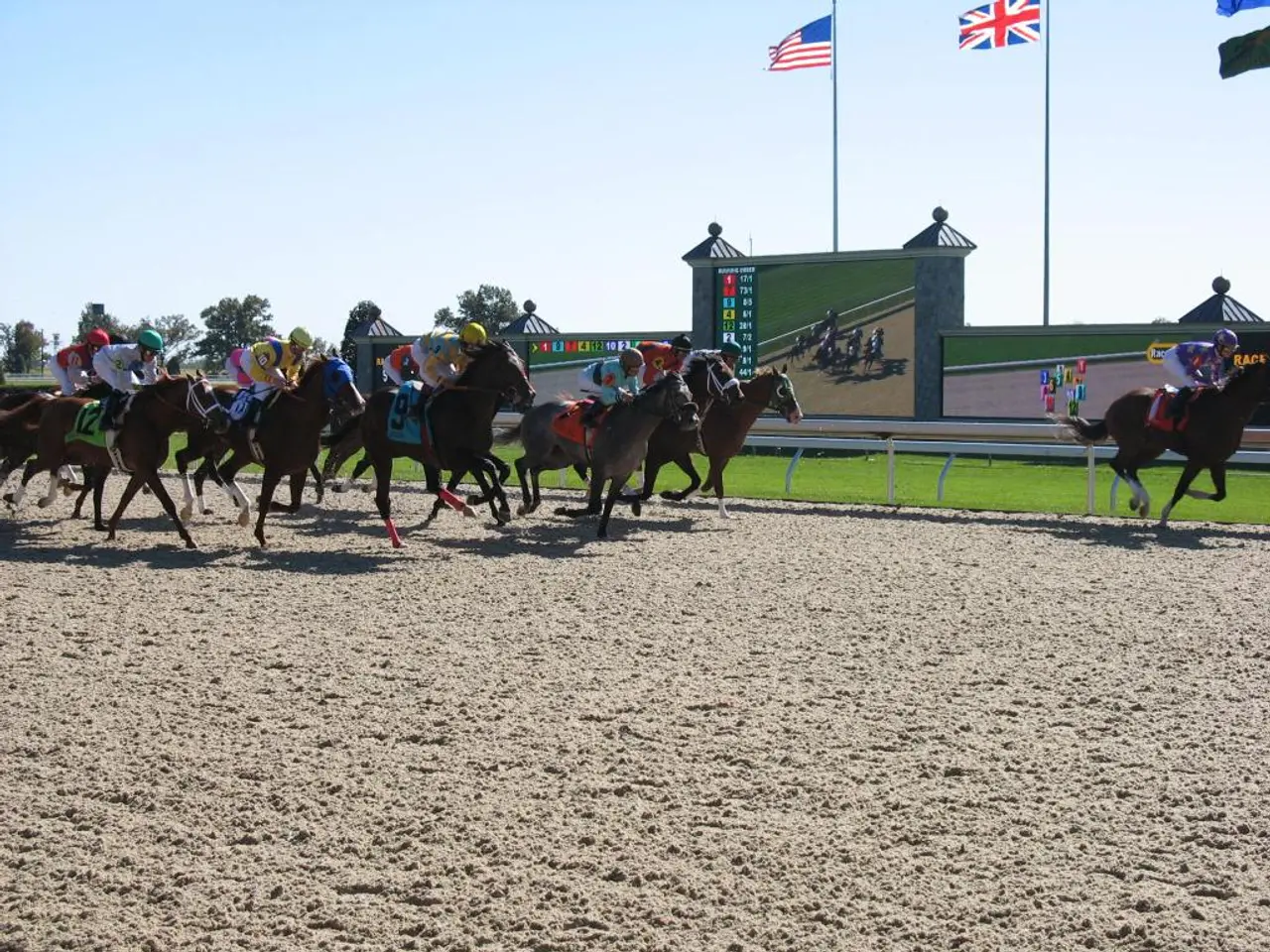Record-Breaking Revenue of $43.9 Billion for Tribal Casinos in 2024 Amidst Ongoing Obstacles
In a significant development, the National Indian Gaming Commission (NIGC) reported a record-breaking $43.9 billion in gross gaming revenues for tribal-owned casinos in fiscal year 2024, marking a 4.6% increase from the previous year [1][2]. The report, published by the NIGC on Thursday, highlighted the financial strength and growth of the tribal gaming industry across the United States.
However, this promising outlook is met with apprehension as tribal leaders express concerns about the emergence of prediction markets, particularly those offering event- or sports-based contracts through platforms like Kalshi. These markets, they argue, infringe on the tribes' exclusive privilege to conduct regulated gaming under the Indian Gaming Regulatory Act (IGRA) [3].
The Eastern and Southeastern region, including operations in Florida, Connecticut, and New York, generated approximately $10.2 billion in revenue, while California held the most profitable market with its 87 tribal casinos generating about $12.1 billion [1]. Tribal venues in Oklahoma, Kansas, and Texas produced around $7.2 billion in revenue [1].
Several federally recognized tribes in California have taken a proactive stance against this threat. They have filed federal lawsuits against prediction market companies Kalshi and Robinhood, alleging violation of IGRA and state-tribal gaming compacts. The tribes seek injunctions to prevent these firms from operating on tribal lands, claiming these activities constitute illegal gambling that infringes upon their federally protected monopoly [4][5].
The Commodity Futures Trading Commission’s (CFTC) regulatory stance, especially under potential new leadership, remains unclear but is crucial since the CFTC oversees prediction markets. Tribal leaders fear that if the CFTC broadly permits sports or event contracts under prediction markets without tribal regulatory involvement, it could effectively make state-regulated and tribal-regulated sports betting industries irrelevant, threatening vital tribal revenue streams that support health, education, and housing programs [1][2].
Tribal governments across the country continue to build sustainable economies through innovation, strategic development, and sound regulatory practices. The year-over-year growth of $2 billion in 2024 is the largest since NIGC started reporting in 1990, and the report covers 532 casinos run by 243 federally recognized tribes across 29 states [1].
However, the future of the tribal gaming industry is uncertain due to the potential industry shift undermining tribal exclusivity in sports betting. The impact on revenue streams vital to financing healthcare, education, housing, and other vital services for tribal communities is a significant concern for tribal governments. As the legal landscape evolves, tribal leaders are actively engaging in regulatory discussions and taking legal action to protect their exclusive gaming rights and preserve the financial stability of their communities.
[1] National Indian Gaming Commission (NIGC) Report, 2024 [2] Tribal Business Journal, 2024 [3] Indian Country Today, 2024 [4] Courthouse News Service, 2024 [5] Law360, 2024
- The proactive California tribes have filed lawsuits against prediction market companies like Kalshi and Robinhood, alleging that their sports betting activities infringe on the tribes' exclusive privileges in casino-and-gambling, as defined by the Indian Gaming Regulatory Act (IGRA) and state-tribal gaming compacts.
- The uncertain future of the tribal gaming industry, due to the potential shift in sports betting towards prediction markets, poses a significant threat to vital revenue streams that support key services such as healthcare, education, and housing for tribal communities. Strategy discussions and legal actions aimed at protecting exclusive gaming rights and preserving financial stability are ongoing.




